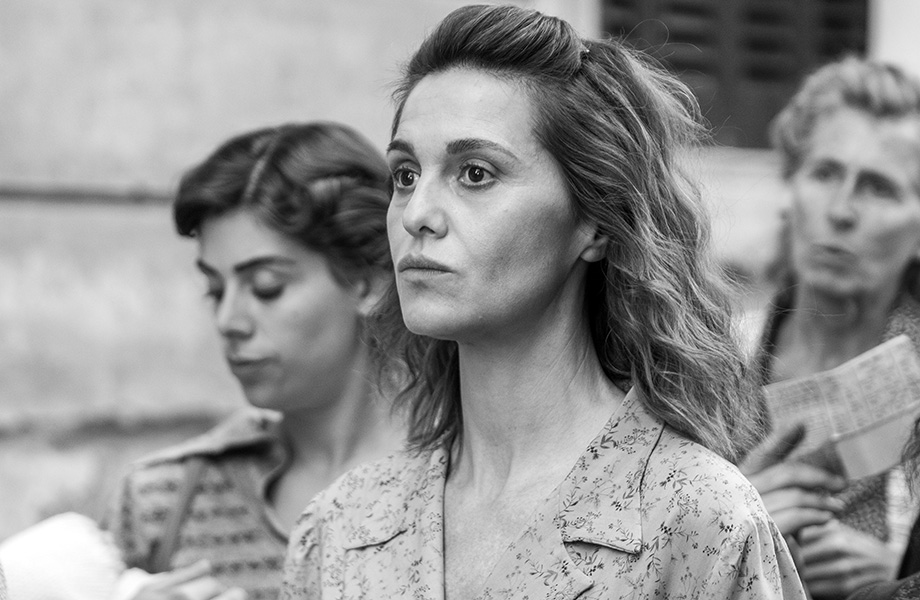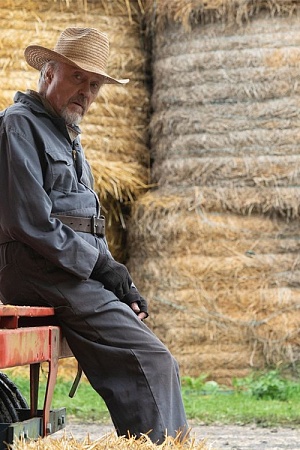Montessori (★★★★★) and There’s Still Tomorrow (★★★★1/2)

Who are we to judge women like Maria Montessori, Lili d’Alengy, or Delia? Maria, whose son was raised by a nanny in the countryside while she devoted her life to educating children; Lili, who abandoned her disabled daughter to build a life as a courtesan; and Delia, trapped in an abusive relationship, demeaned and beaten daily – why don’t these women make different choices?
The real question isn’t who we are to judge but, rather, who these women are within the context of their time and circumstances. Maria, Lili, and Delia are portrayed in two interconnected films as embodiments of female strength, resilience, and the high cost of navigating a male-dominated world. What was once deemed weakness or sin is now seen as a fight for dignity and rights.
Continue reading for only $10 per month. Subscribe and gain full access to Australian Book Review. Already a subscriber? Sign in. If you need assistance, feel free to contact us.











Leave a comment
If you are an ABR subscriber, you will need to sign in to post a comment.
If you have forgotten your sign in details, or if you receive an error message when trying to submit your comment, please email your comment (and the name of the article to which it relates) to ABR Comments. We will review your comment and, subject to approval, we will post it under your name.
Please note that all comments must be approved by ABR and comply with our Terms & Conditions.